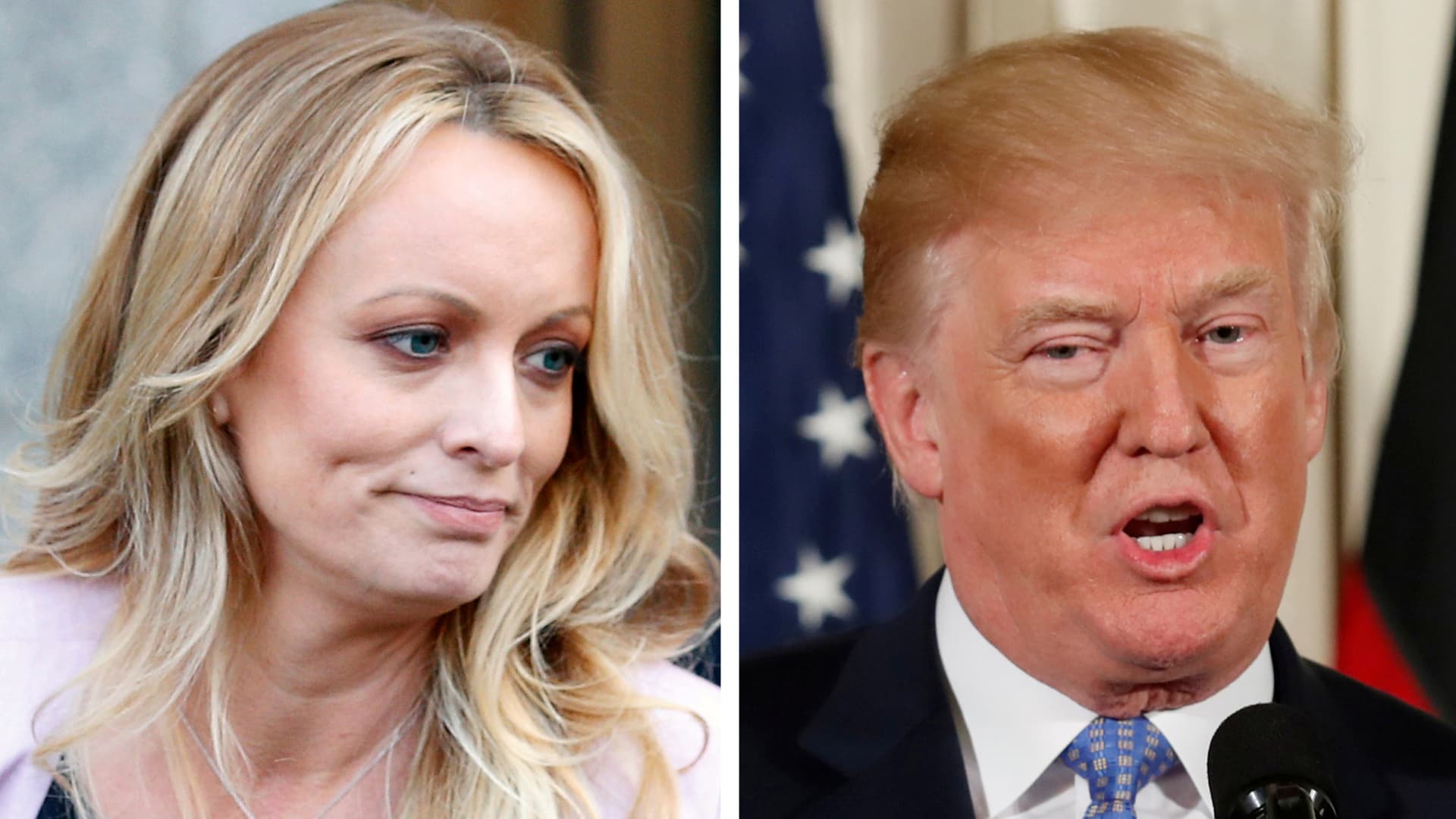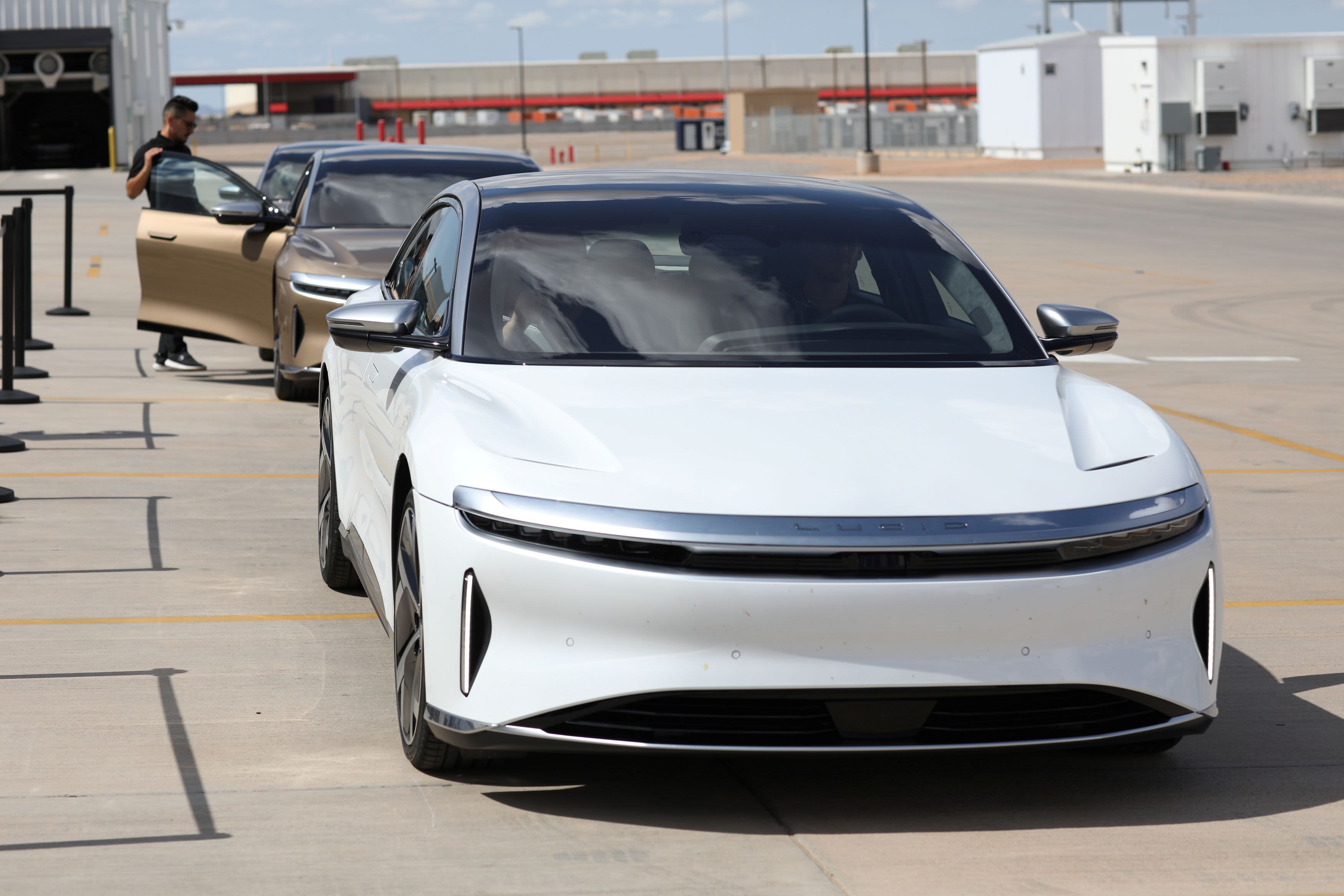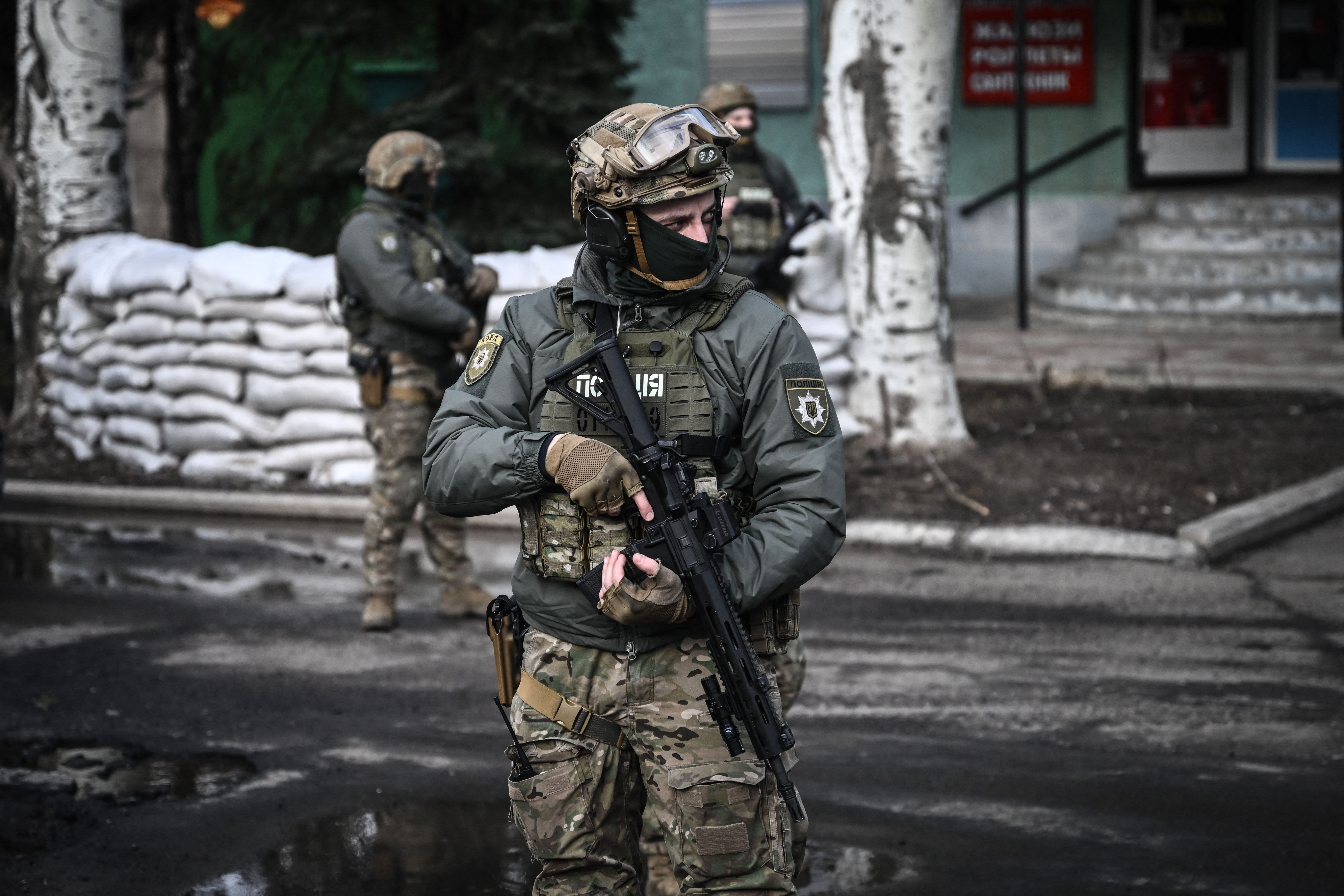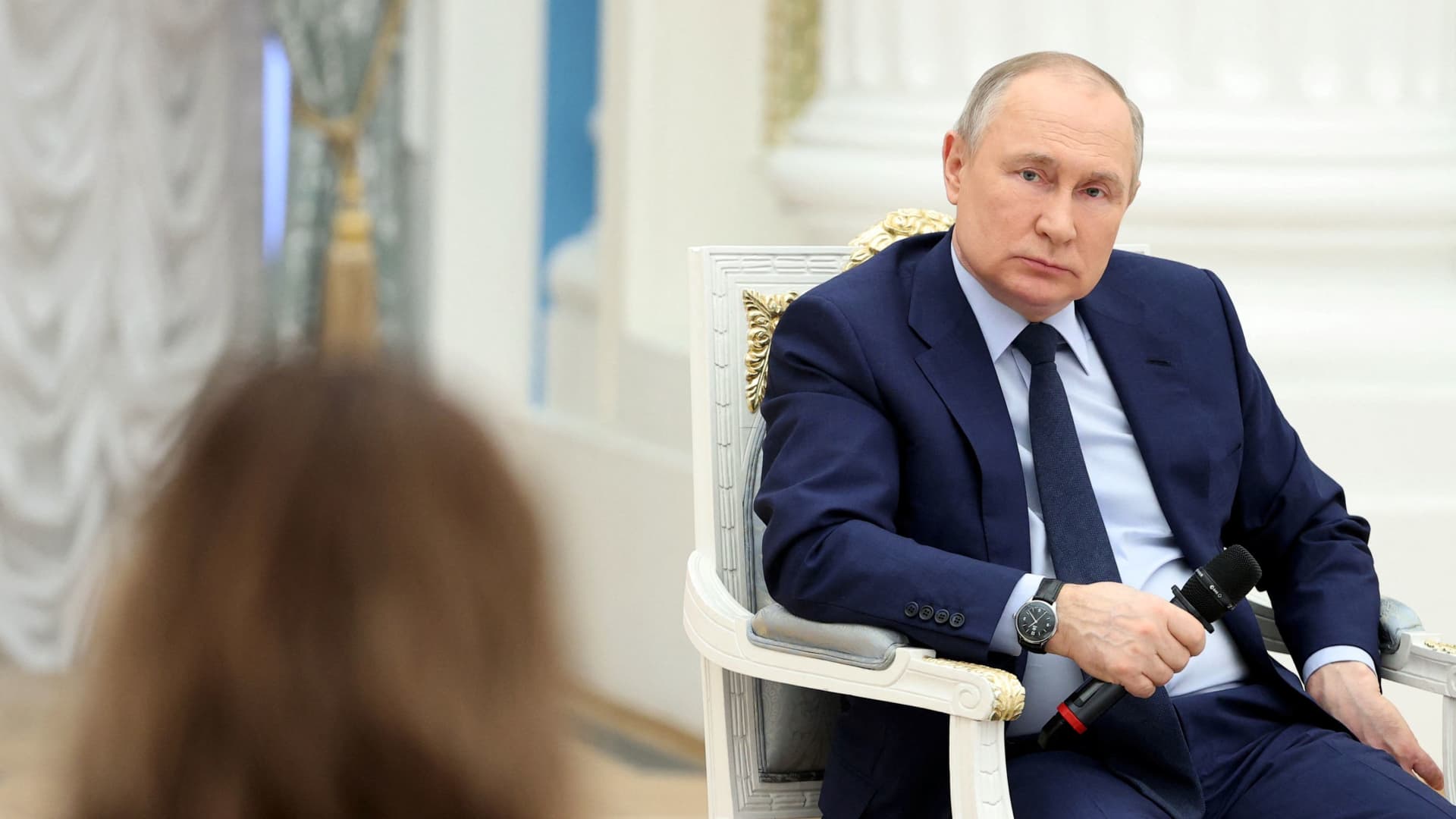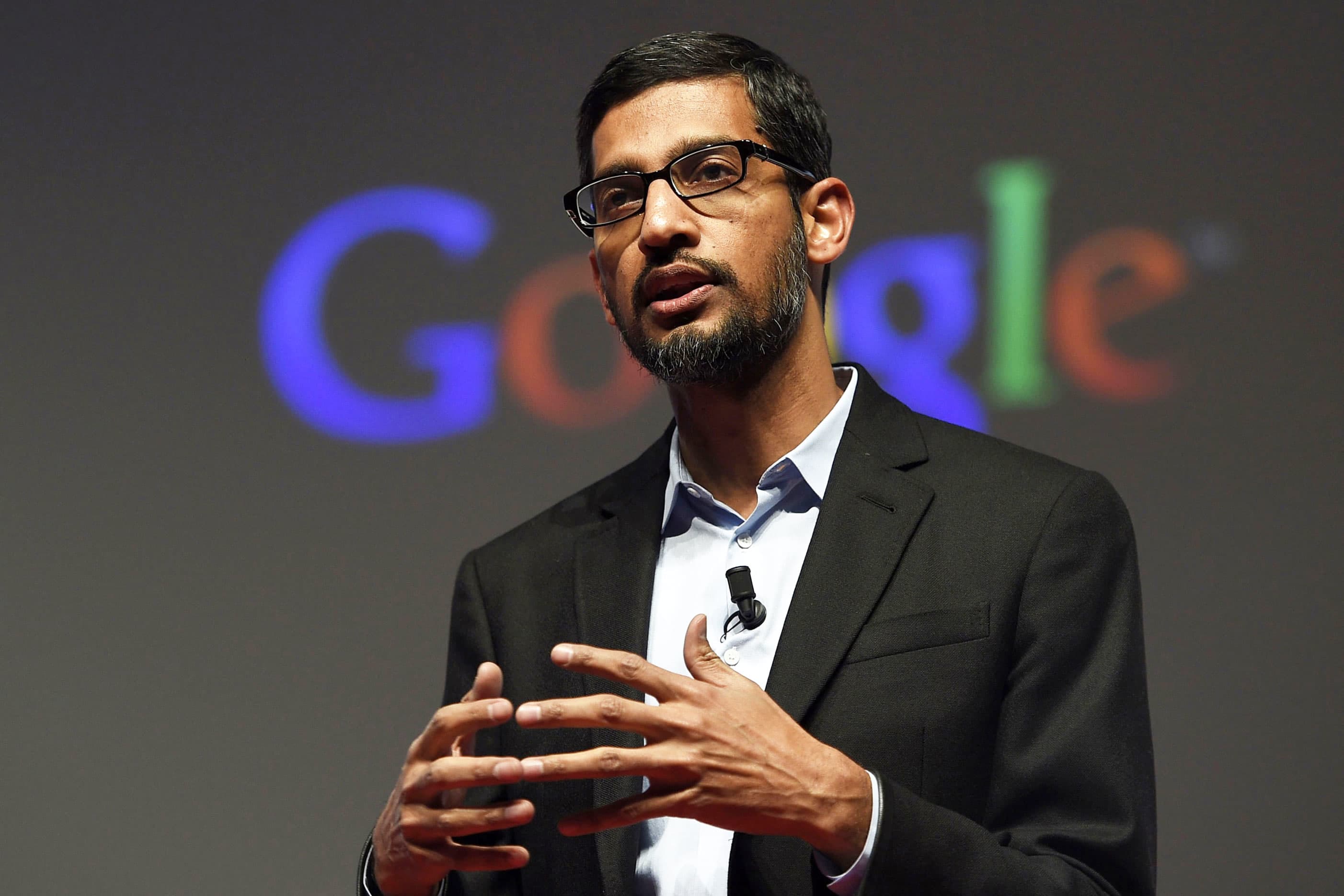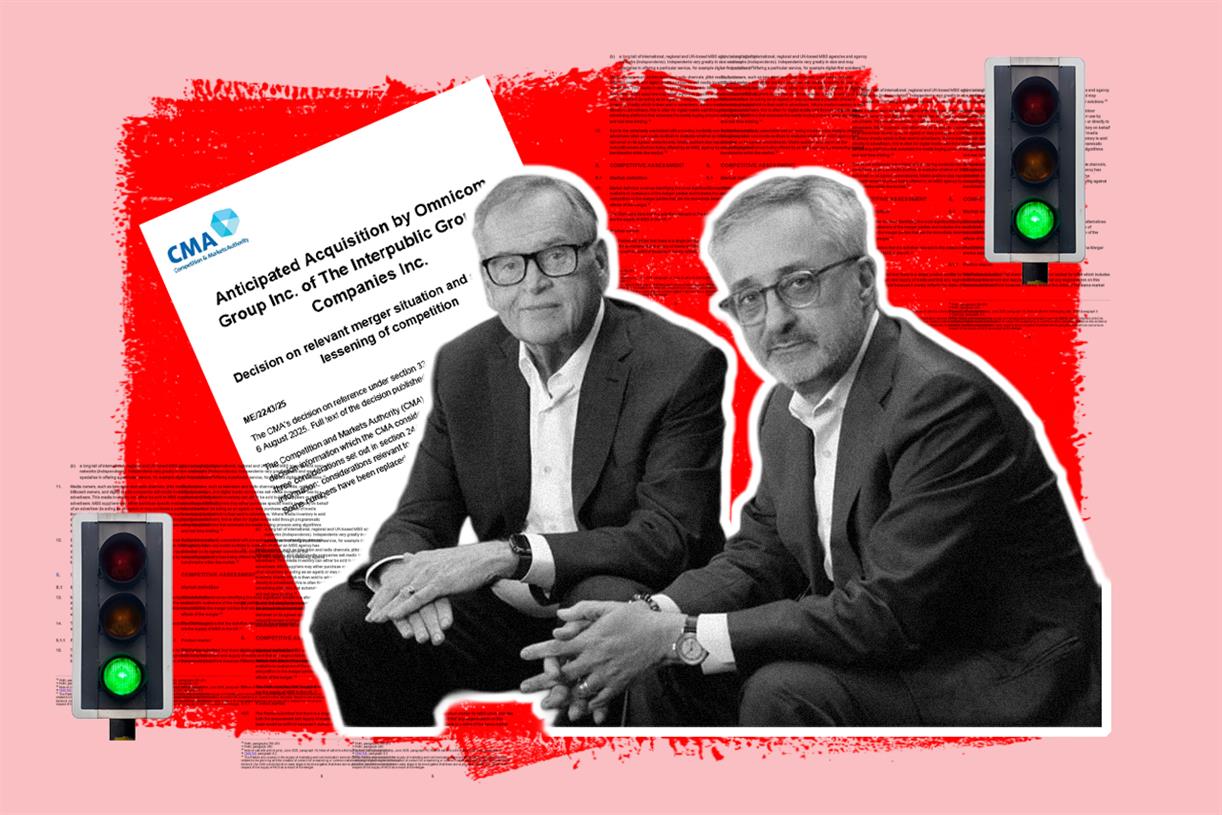'It's a joke': Germany's offer of 5,000 helmets to Ukraine is met with disdain amid Russia invasion fears
Germany has provoked outrage in some quarters after it offered to supply 5,000 military helmets to Ukraine to help defend against a possible Russian invasion.
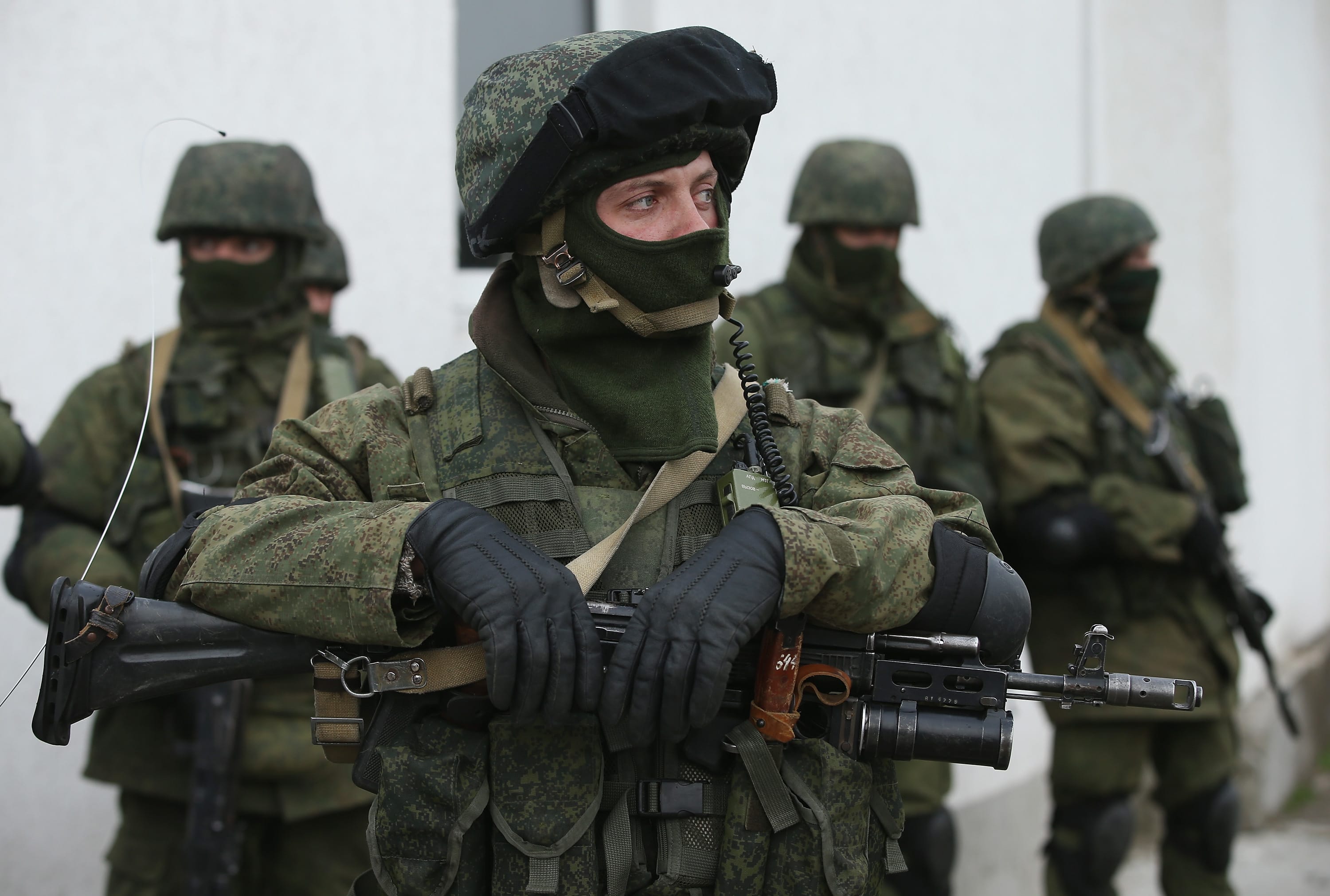
Soldiers who were among several hundred that took up positions around a Ukrainian military base stand near the base's periphery in Crimea on March 2, 2014 in Perevalne, Ukraine.
Sean Gallup | Getty Images
Germany has provoked outrage in some quarters after it offered to supply 5,000 military helmets to Ukraine to help defend against a possible Russian invasion.
While other countries like the U.S. and U.K. have sent military hardware to Ukraine to help it defend itself from a possible Russian military aggression, as 100,000 Russian troops are believed to be located along the border with Ukraine, Germany has been conspicuously reluctant to send equipment.
The offer of helmets, made on Wednesday, has been met with derision from some Ukraine officials. For one, Kyiv's mayor and former world champion boxer Vitali Klitschko dismissed the offer as "a joke" and had said it had left him "speechless."
"The behaviour of the German government leaves me speechless. The defence ministry apparently hasn't realized that we are confronted with perfectly equipped Russian forces that can start another invasion of Ukraine at any time," he told the Bild newspaper on Wednesday.
"What kind of support will Germany send next?" he asked. "Pillows?"
Defence Minister Christine Lambrecht said Wednesday that Berlin was responding to a request for military equipment, specifically helmets, according to Reuters. The Bild newspaper also reported that the German government had received a request for help from Ukraine in which it stated its need for 100,000 combat helmets and tactical vests.
Germany has previously said it will supply a fully equipped field hospital to Ukraine, but German officials have certainly appeared reluctant to send more defensive weapons.
Last weekend, Germany's defense minister said during an interview with the Welt am Sonntag newspaper that sending arms to Ukraine would not be helpful while there are ongoing attempts to defuse tensions between Russia and Ukraine.
"We are standing on Kyiv's side. We have to do everything to de-escalate. Currently, arms deliveries would not be helpful in this respect; there is agreement on this in the German government," Lambrecht told the paper last Saturday, according to a translation by Deutsche Welle.
Her comments come after German Chancellor Olaf Scholz told a news conference on Friday that in recent years, "Germany has not supported the export of lethal weapons," DW reported.
Not only that, Germany has reportedly blocked Baltic nation Estonia from providing German-origin military support to Ukraine, according to a report in The Wall Street Journal last Friday.
Ukraine needs 'defensive weapons'
Last week, Germany's new chancellor said that "staying silent is not a sensible option" after years of tension on Europe's doorstep but while Germany and France may prefer to rely on crisis talks with Russia and Ukraine to try to avert a possible confrontation (the four countries met on Wednesday for talks in Paris), NATO and the U.S. are trying to arm Ukraine so it can defend itself without sending troops into the country.
Ukraine is not a member of the Western military alliance so the organization is not obliged to defend it. Nor is it a member of the EU, though it aspires to be a member of both.
Given Ukraine's position on the border of the EU, however, NATO allies are facing an unenviable position where they're somewhat bound to help Ukraine defend itself to counter an increasingly aggressive Russia, which wants to extend its influence in former Soviet states, like Ukraine and Belarus.
Russia has already seized territory from Ukraine after its annexation of Crimea in 2014. It has also supported a pro-Russian uprising in eastern Ukraine and is widely believed to arm pro-Russian separatists in the Donbass region, although it has denied this.
Given Russia's recent history of aggression toward Ukraine, many analysts believe that Russia is now looking for a pretext to invade. Western allies are not taking chances and NATO has placed its forces on standby and reinforced its positions in Eastern Europe with more ships and fighter jets being sent to the region.
Meanwhile, the U.S. has put thousands of troops on heightened alert, meaning they are ready to deploy to the region should the crisis escalate. The U.K. has sent Ukraine short-range anti-tank missiles and is reportedly considering sending hundreds more troops to eastern Europe to bolster NATO forces there, according to Sky News.
On Tuesday, a U.S. plane carrying around 300 Javelin anti-tank missiles, launchers and other military hardware landed in Kyiv, part of "79 tons of security assistance" for Ukraine's armed forces, the U.S. embassy in the capital said via Twitter, adding that the delivery was the third shipment of $200 million in assistance authorized by President Joe Biden.
For its part, Russia has repeatedly said it does not plan to invade Ukraine, but it has asked NATO for legal assurances that Ukraine will never be admitted to the alliance, and it wants to see a rollback of NATO deployments in Eastern Europe, among other demands.
The U.S. officially responded to Russia's security demands on Wednesday with America's ambassador to Russia hand-delivering the written response to the Kremlin. The responses were not made public, but the Biden administration has made clear that some of Russia's demands, including barring Ukraine from joining the NATO alliance, are "non-starters."
Why is Germany reluctant?
Germany is also in a tricky position geopolitically and economically when it comes to Russia a country with whom it has traditionally enjoyed strong economic ties and trade. Current tensions have focused on the fate of the Nord Stream 2 gas pipeline project that links Russia and Germany.
The pipeline is set to increase Russian gas supplies to the EU (it already supplies around 40% of the bloc's natural gas) by taking them directly to Germany, bypassing Ukraine.
Germany's reluctance to send defensive weapons to Ukraine also likely has its roots in the 20th century, with the scars of World War I and World War II deeply ingrained on Germany's political conscience, making it an easy target for criticism and possible condemnation if it gets involved in military confrontations.
Former U.S. President Donald Trump's Energy Secretary Rick Perry told CNBC on Wednesday that he's "very concerned" about what he sees on the Ukrainian border, adding that Russian President Putin is a "good poker player." He also criticized Germany "because of their lack of resolve dealing with Russia."
"I'm very critical of Germany at this particular juncture because of their lack of resolve dealing with Russia. I saw this as the potential for the Germans potentially being the wheelhouse, if you will, of that energy through Europe — they wanted to work with the Russians, they wanted to be the country that could control where this gas went," he told CNBC's Hadley Gamble.
He said Germany is "paying a price now for playing footsies with the Russians and giving them the opportunity to finish" the Nord Stream 2 pipeline, but he reserved his "harshest criticism" for the Biden administration for "allowing Russia to finish the Nord Stream pipeline. It is nothing more than a way to hold Europe hostage," he said.
For their part, the U.S., U.K. and EU have signaled that they are prepared to impose severe sanctions on key sectors and personnel in Russia if it does invade Ukraine. President Joe Biden has even said that his Russian counterpart, Vladimir Putin, could be personally sanctioned.

 Tekef
Tekef 







